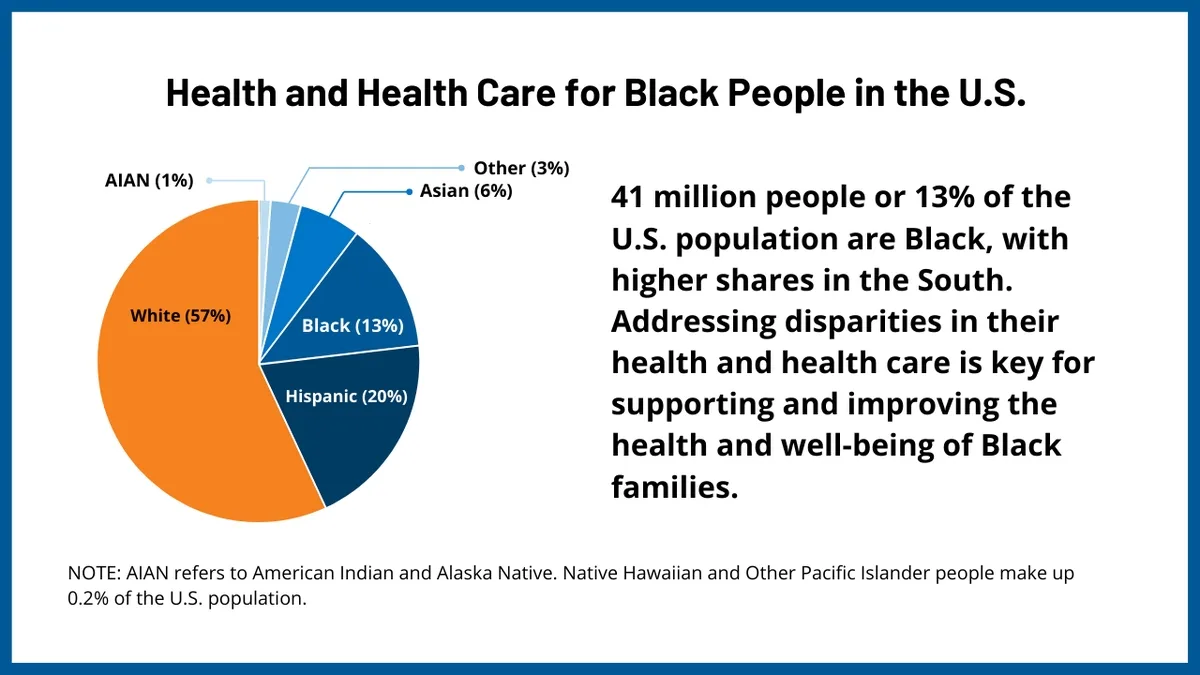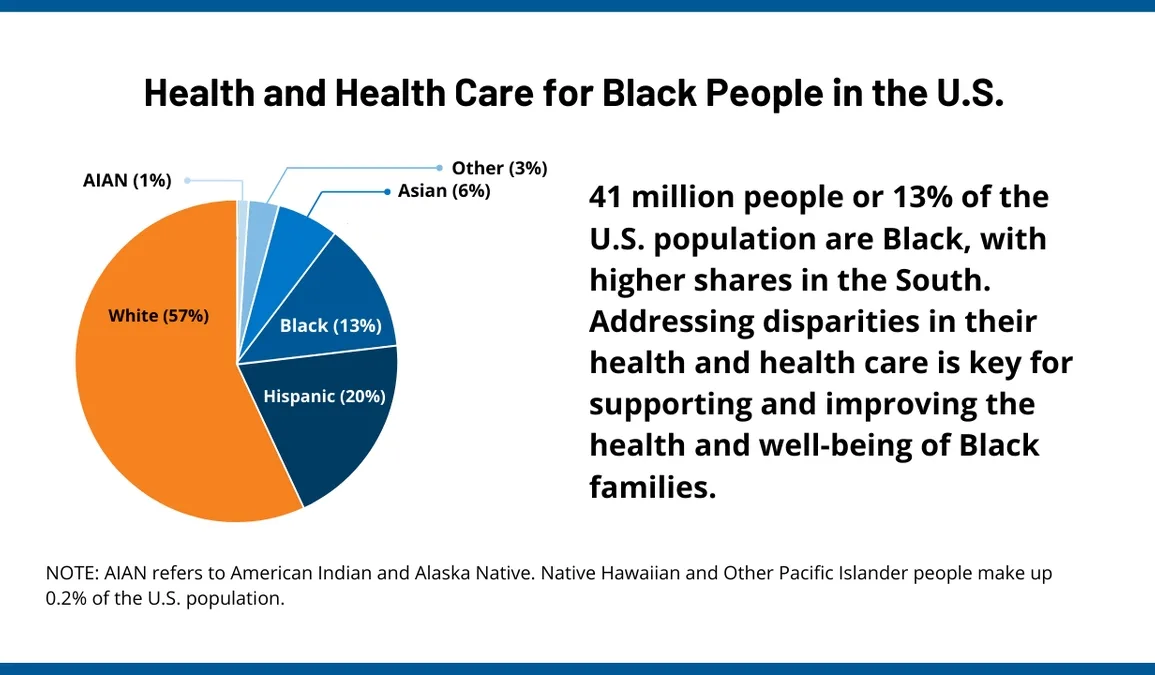
Systemic racism in the United States has far-reaching impacts, one of the most significant being its influence on healthcare disparities experienced by Black Americans, particularly in mental health care. Black Americans often find themselves at the receiving end of inadequate mental health care due to various barriers, including limited access to quality healthcare facilities, absence of culturally competent care, and ingrained biases within the healthcare system.
The Role of Racism in Mental Health Disparities
A series of literature reviews in The Lancet Psychiatry journal underscored the role of racism in mental health disparities experienced by Black Americans. The authors emphasized the need for a community-centered and culturally informed approach to enhance mental wellbeing and stressed the need for Black sociologists, scientists, and clinicians to set priorities in mental healthcare.
Due to centuries of racism, Black Americans have greater exposure to risk factors for mental illness, and the mental healthcare system often dismisses their cultural backgrounds. A comprehensive analysis of the conditions and systems that produce mental illness and compromise mental health is vital. Moreover, the value of community-based participatory research conducted by Black scientists and community members cannot be underestimated.
Underrepresentation and Lack of Funding for Black Scientists
The underrepresentation of Black scientists and the lack of equal funding for their research are significant barriers to achieving mental health equity. Low representation of Black scientists results in scarce funding, exacerbating health disparities, and biased practices in federal grant funding. The need for Black scientists to lead and advocate for community involvement and partnership is crucial to benefit Black communities.
The Impact of Racism on Mental Health
Racism can result in emotional and mental health trauma as well as chronic stress. Internalized, interpersonal, institutional, and structural racism all contribute to the mental health disparities faced by Black Americans. Of all NIH research funding, only 0.07% was awarded to racism in healthcare between 2017 and 2022. This stark statistic emphasizes the urgency for more focused attention and resources towards this issue.
Benefits of Community-Based Participatory Research (CBPR)
CBPR is a collaborative approach that engages active participation and input from community members in all aspects of the research process. It is particularly beneficial for Black scientists and communities as it addresses social and health inequities by engaging historically excluded communities and producing research that is relevant to them.
Confronting Systemic Racism in Mental Health Care and Research
Dr. Angela Davis, a renowned mental health researcher, emphasizes the importance of confronting systemic racism in mental health care and research. Increasing the representation of Black researchers and mental health professionals, involving Black communities in the research process, and developing targeted interventions are crucial steps in addressing systemic racism to improve mental health care and research for Black Americans.
The call to action is clear: systemic racism must be addressed in mental health care and research to improve the health and lives of Black Americans. Only by acknowledging and addressing these racial disparities can we begin to build a mental healthcare system that is truly equitable and just for all.


